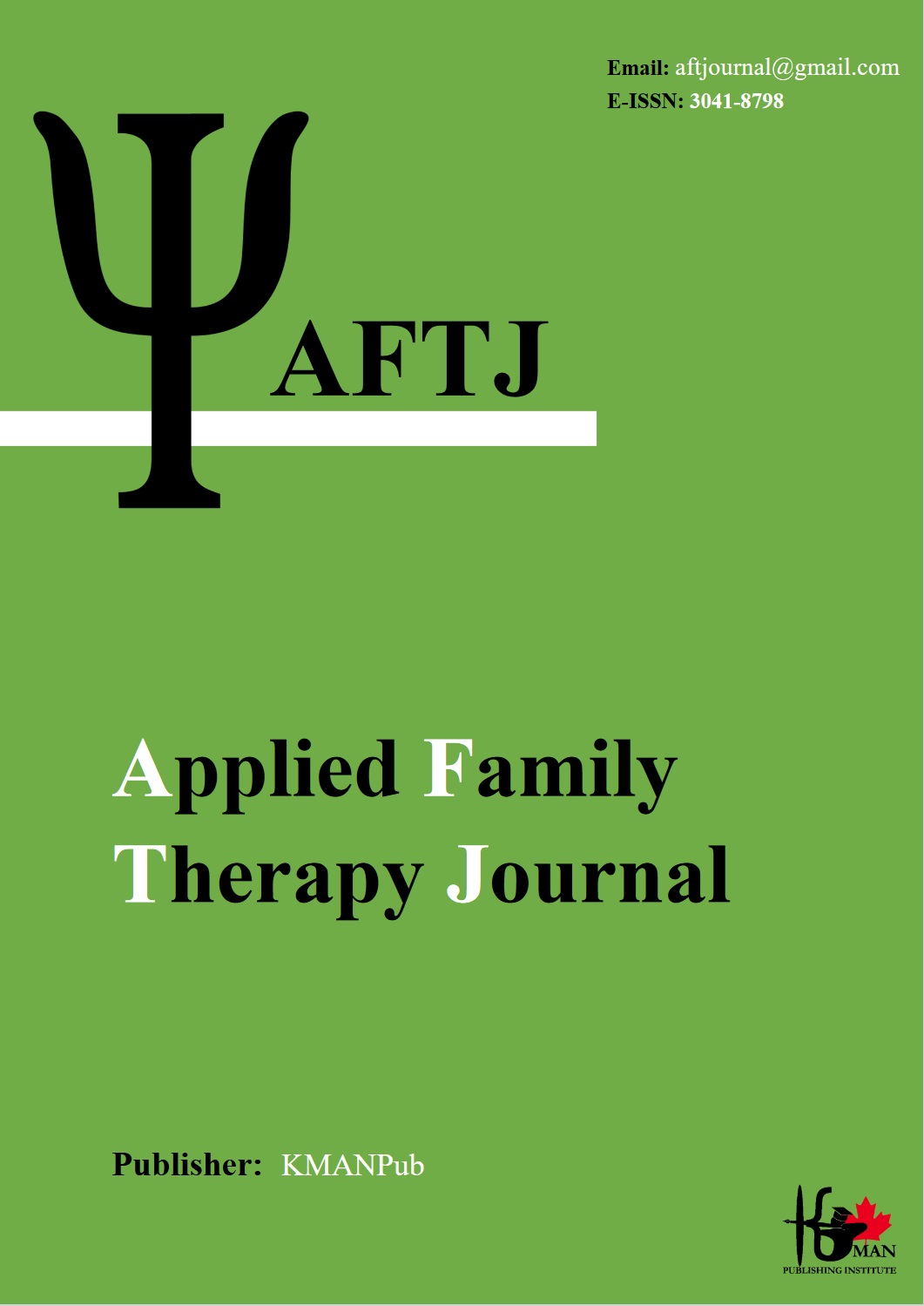The Effectiveness of Group Schema Therapy on Aggression and Life Expectancy of Sexual Minorities diagnosed with Bipolar Disorder
Keywords:
aggression, hope, Sexual minority, schema therapyAbstract
Aim: The aim of this study was to investigate the effectiveness of group therapy therapy on the rate of aggression and life expectancy of sexual minorities with bipolar disorder. Method: The research method was quasi-experimental with experimental group and control group, pre-test, post-test and two-month follow-up and tatistical population of 62 people referred to the Sexual Minority Counseling Center in 1397. From this community, 30 people were randomly selected and 15 people were randomly assigned to each of the two experimental and control groups. The research tools were the Bass and Perry Aggression Questionnaire (1992) and Schneider's Lifetime Hope (1991), as well as the Yang, Klosko, and Wischer (2003) intervention schematic intervention intervention programs, which were presented to the experimental group in 8 90-minute group sessions using data from the test. Mixed variance analysis was analyzed. Results: The results showed the effect of schema therapy intervention on aggression (P = 5.33, P = 0.028) and life expectancy (P = 4.62, P = 0.040) and the stability of this effect in the follow-up phase. Conclusion: The results of the study suggest evidence that schematic therapy intervention is a good way to reduce aggression and improve life expectancy, so it can be used to improve the mental state of people with sexual minorities.
Downloads
Downloads
Published
Issue
Section
License

This work is licensed under a Creative Commons Attribution-NonCommercial 4.0 International License.























